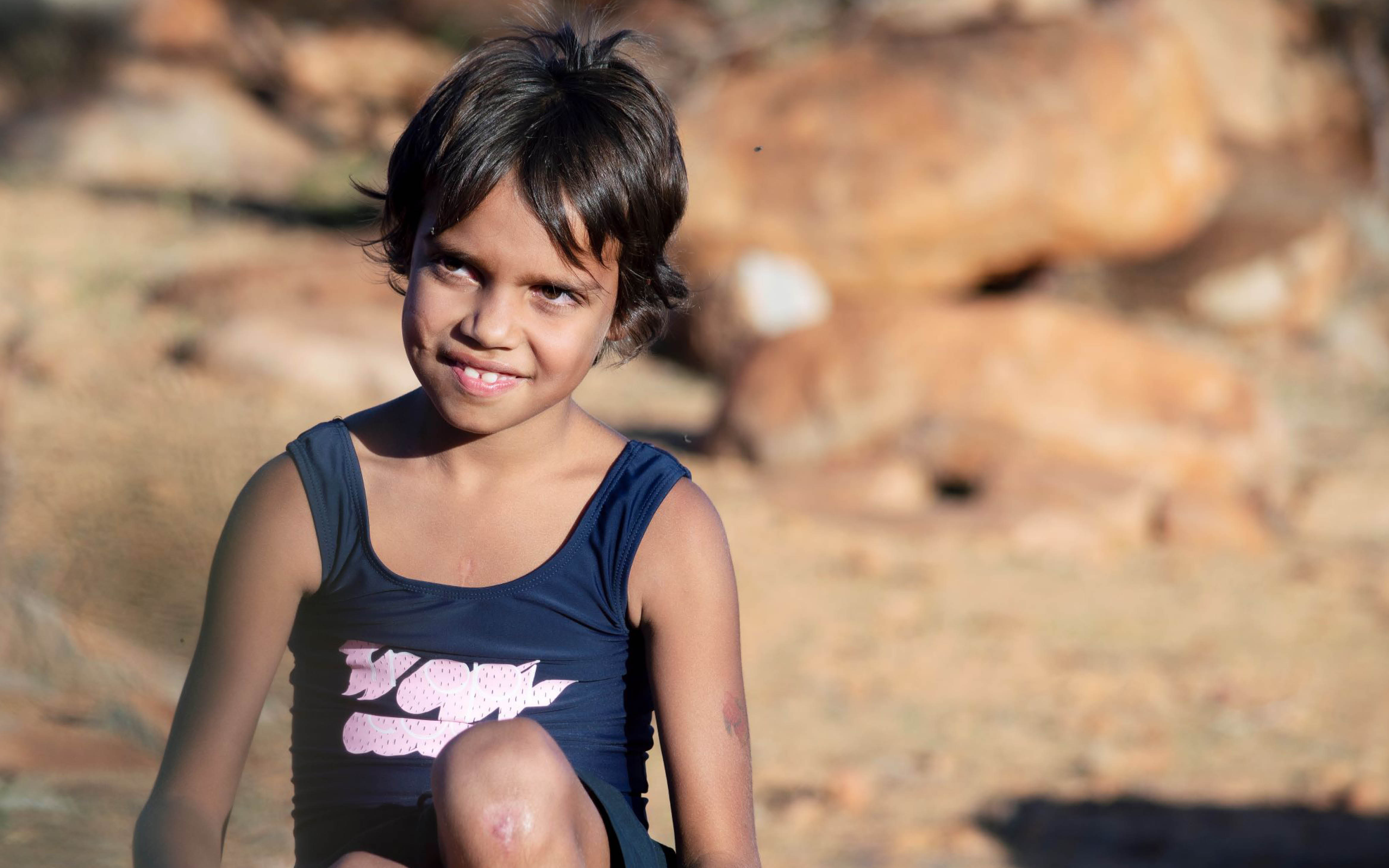Search
Showing results for "mental health aboriginal"
Research
Reduction in disparity for pneumonia hospitalisations between Australian indigenous and non-Indigenous childrenIn the 1990s pneumonia hospitalisation rates in Western Australia (WA) were 13 times higher in Indigenous children than in non-Indigenous children...
Research
Low maternal serum vitamin D during pregnancy and the risk for postpartum depression symptomsPregnancy is a time of vulnerability for vitamin D insufficiency, and there is an emerging literature associating low levels of 25(OH)-vitamin D with...

News & Events
Raine Foundation support for researchers from The KidsCongratulations to six researchers from The Kids Research Institute Australia, who will use valuable support from the Raine Medical Research Foundation’s 2024 grant round to undertake projects focused on improving the health and wellbeing of babies, children and young people.
Research
Assessment of different techniques for the administration of inhaled salbutamol in children breathing spontaneously via tracheal tubes, supraglottic airway devices, andPerioperative respiratory adverse events account for a third of all perioperative cardiac arrests, with bronchospasm and laryngospasm being most common. Standard treatment for bronchospasm is administration of inhaled salbutamol, via pressurized metered dose inhaler. There is little evidence on the best method of attaching the pressurized metered dose inhaler to the artificial airway during general anesthesia. The aim of this study is to investigate the best method to deliver aerosolized salbutamol via pressurized metered dose inhaler to the lungs of an anesthetized child.
Research
Novel method to select meaningful outcomes for evaluation in clinical trialsA standardised framework for selecting outcomes for evaluation in trials has been proposed by the Core Outcome Measures in Effectiveness Trials working group. However, this method does not specify how to ensure that the outcomes that are selected are causally related to the disease and the health intervention being studied. Causal network diagrams may help researchers identify outcomes that are both clinically meaningful and likely to be causally dependent on the intervention, and endpoints that are, in turn, causally dependent on those outcomes.
Research
Safety and immunogenicity of pneumococcal conjugate vaccines in a high-risk population: a randomised controlled trial of PCV in Papua New Guinean infantsInfant vaccination with 3 doses of PCV10 or PCV13 is safe and immunogenic in a highly endemic setting
Research
ADAPTS: Antibiotic Dysbiosis And Probiotics Trial in infantSDesiree Peter Silva Richmond MBBS, FRACP, MPH, PhD MBBS MRCP(UK) FRACP Co-Director, ORIGINS Head, Vaccine Trials Group desiree.silva@thekids.org.au

The Strep A Translation team aim to understand the epidemiology of Strep A infections in Australia and the world. Alongside this, they explore the implementation of endgame recommendations, health economics and new horizons.
Research
Iron Deficiency in Young Australian Children: A Hidden Health Crisis Demanding Urgent ActionDesiree Silva MBBS, FRACP, MPH, PhD Co-Director, ORIGINS desiree.silva@thekids.org.au Co-Head, The ORIGINS Project Professor Desiree Silva is
Research
Western Australia Paediatric Bronchiectasis CohortBronchiectasis is a chronic lung disease that impairs quality of life and reduces life expectancy.
